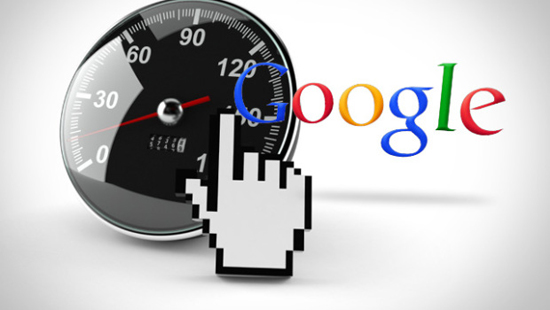For every query that you
type in on Google, signals from that particular query feed into complex
algorithms that return results that best match the query. Many factors
determine which results get displayed at the top.
Why is site speed
important?
Site speed is a key
element that the algorithms use to rank search results, among 200 other such
factors. Google made an official statement in 2010 regarding the same and has
over the last few years made good on this. The policy is indiscriminate and
includes both the desktop and mobile versions of any website. Apart from
generally promoting improved load-times, the keenness of search engines on site
speed also relates to the end user experience.
Everyday experiences
such as waiting in line for a service at the bank, store, or any other outlet
reveal that most people are an impatient lot. The same attitude extends online,
where the speed of a website is an important part of the overall user
experience. An average load time of 2 seconds or less is acceptable for most
people, but anything beyond that limit may lead to great bounce rates. A bounce
is when the visitor leaves without visiting any other page or post from your
site. It leads to a domino effect. A high bounce rate may indicate that the
website is not user-friendly to search engines like Google taking rankings
further down.
If you are experiencing
slow load times may be you should change your host
to wpengine as reviewed on Couponmeld
A slowly loading site is
all the motivation it takes to shift to another website offering the same
services.
A slow site also
affects the conversion rates on a site
Conversion rates
directly affect a business’ profitability, survival and potential for growth.
Studies aside, common sense dictates that there is a direct correlation between
said conversion rates and the user experience of visitors to a website. Online
shoppers tend to terminate a transaction on a particular webpage if the site is
loading too slowly. Alternatively, most shoppers may also opt to shop elsewhere
is they are dissatisfied with the load speeds. This is, at the very least
understandable, since the convenience that online shopping offers is one of the
key attractions to the practice. It makes little sense to avoid queuing at the
store down the stress, only to spend time waiting on your screen to carry out
the same transaction. Studies have shown that a second’s delay in page loading
and response can lead to a decline in conversions by up to 7%.
Everyone likes to talk
about their bad experiences. Unfortunately for businesses with slow site
speeds, bad experiences are also a common subject of many conversations. A web
visitor, unimpressed by the site’s performance may rant to friends and family
over their experience on the website. This will, more than likely create a
prejudice, which ultimately affects conversion rates. Imagine the undeniable
and significant impact that such a reputation would have on the sales of the
business. Conversely, a reputation centered on good user experience and high
system performance will drive more traffic to a website and also lead to
drastic increases on the conversion rates. This is largely because visitors are
more likely to come back to the site and may also share the good experience
with others.
Good web hosting
practices such as minimizing HTTP request, image optimization, Gzip compression
and deflation, using side server caching and content delivery networks( CDN),
choosing a good host among others will help in reducing load times for pages,
significantly improving site speeds.
















No comments:
Post a Comment
Now its your TURN.
Is there anything you want to say about the post above? Do let me know by leaving your valuable comments in the comment box below. Thank you!